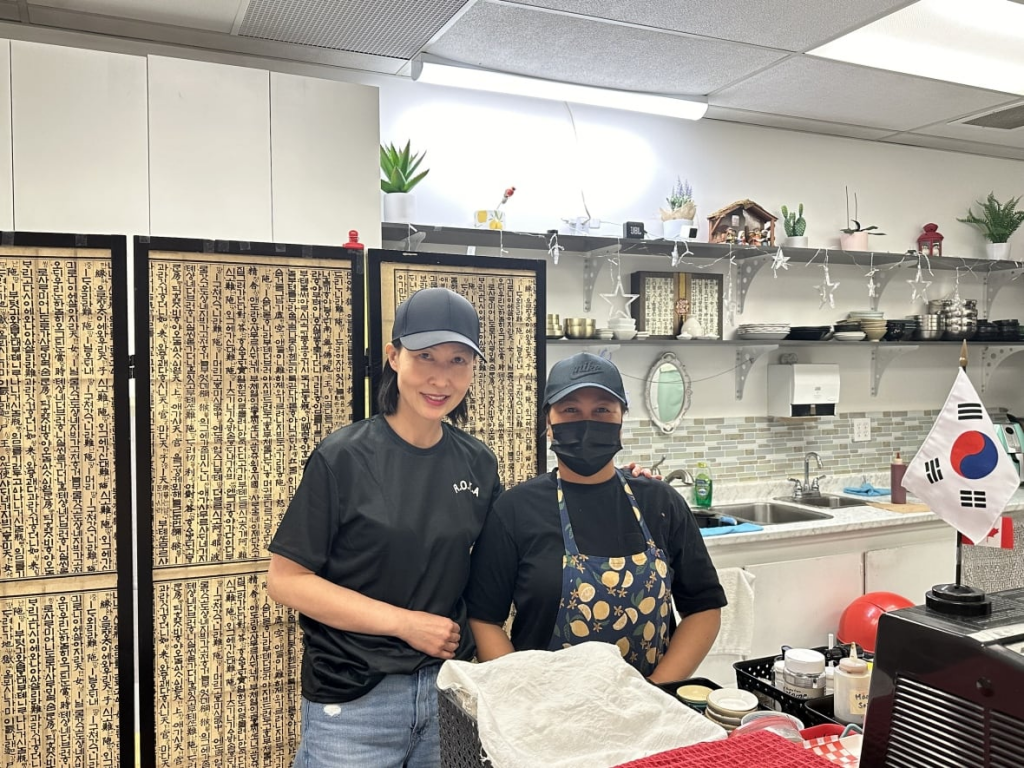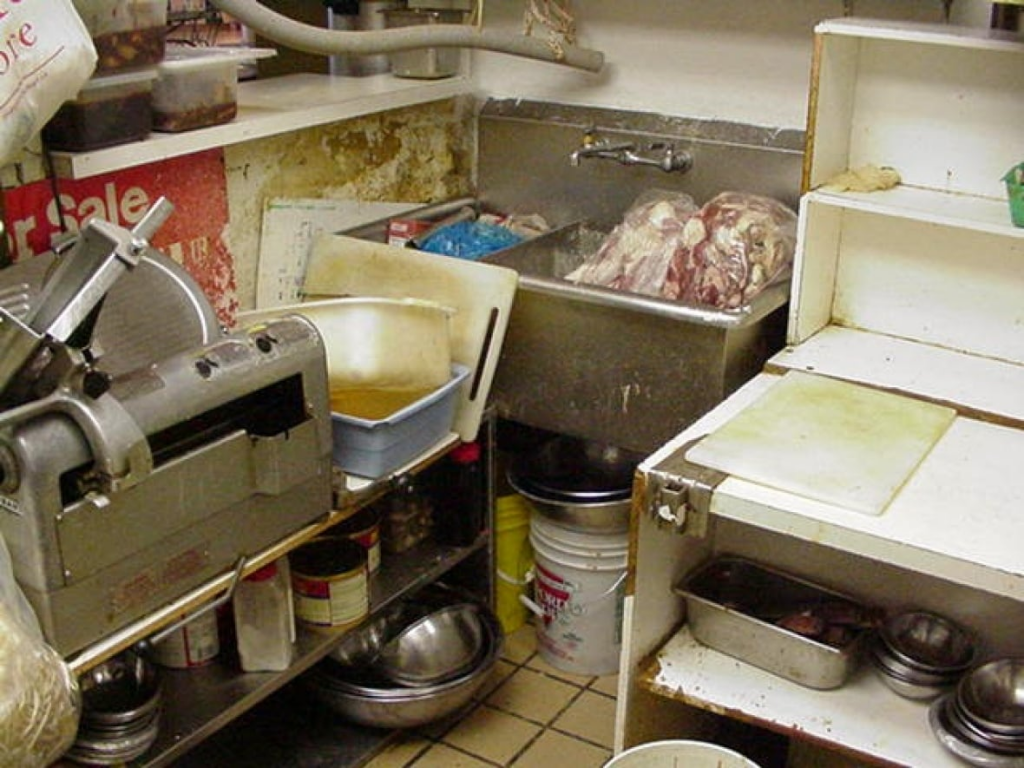Canada News
Majority of Yukon restaurants fail health inspections

Downtown Whitehorse. (Karen Vallevand/CBC)
CBC News, RCI
A CBC review of public inspection records found 74 per cent of Yukon restaurants have outstanding health code violations.
The reports, which are available on the Yukon’s Health and Social Services website, show a third of the listed infractions were critical. Though Yukon legislation doesn’t explicitly define that term, in other jurisdictions health inspectors use “critical” to mean a higher risk of posing a health hazard — for example, not properly cooking meat, or finding evidence of pests on the premises.
When asked if the widespread non-compliance is a concern for the department, spokesperson Zach Burke said inspections results are taken seriously.
“It is important to understand that a health inspection reflects a snapshot in time,” he added. “It’s rare that a facility is perfect.”
Not all provinces and territories make inspection records public. In the past, some restaurant owners have felt it could give the public the wrong impression, especially for minor violations.

Snow Park disagrees. She owns Yukon Bunsik, which has always passed inspections.
“Customers are paying for their food, right?” she said. “They have a right to know restaurants follow the health guidelines on how to operate a commercial kitchen.”
But Park also said meeting those requirements can be challenging. She described having to piece together information from online forums and websites, and extensive correspondence back and forth with the overseeing department.
“I learned, by myself, that it is very, very important to follow [the guidelines] exactly, but no one told me what the guidelines were,” she said. “I got all the answers in the end, but it wasn’t an easy process for me.”
Education and enforcement
Jim Chan, now retired, was the manager of public health with the city of Toronto for 36 years.
During his time in the role, Toronto saw a 30 per cent decrease in the number of cases of foodborne illness and compliance with the health code increased by 18 per cent.
The CBC asked Chan what the Yukon could do to improve its numbers.
Chan said the majority of operators want to co-operate, so giving them the tools to meet regulatory requirements can make a significant difference. Chan suggested regulators should post an inspection checklist online.
“It’s a balance between education and enforcement.”

In 2006, Chan helped Toronto pass a bylaw making food handler certification mandatory.
“If you’re saying certification is voluntary, I can tell you now the majority of operators will just ignore that,” Chan said.
The Yukon is one of just a few jurisdictions across the country that doesn’t require food handler certification to work in a commercial kitchen.
“One thing the Yukon is doing right is that they have a very public system where you can find all of the records online,” Chan said.
But he found the number of establishments with repeat offences in the Yukon “interesting,” and wondered whether appropriate follow-up action had taken place.
“I click on ‘establishment closures’ … I click on that history… nothing is in there.”
High stakes
Inspection records show that some Yukon establishments that have consistently failed annual inspections for up to a decade.
When CBC asked how many food permits have been revoked over the past 10 years, the department said it did not have a historical record of closures.
Keith Warriner, a former catering chef and a professor of food science at the University of Guelph, says if health authorities don’t have teeth, they can’t be effective.
“This is a problem with the public health inspection system across Canada, not just in the Yukon,” he said.
Warriner said he often hears the complaint that there are a limited number of inspectors and hundreds of restaurants to visit.
“But the reality is, if they actually closed down the bad players, their jobs would be easier,” he said. “They won’t need to keep going to that same restaurant five times a year.”

Warriner said many consumers don’t realize what the stakes are when they’re dining out.
He pointed to a restaurant in Sudbury, where 235 people fell ill from E. coli bacteria, as well as separate cases where hepatitis A and norovirus were transmitted to customers.
“The point about restaurants, and the reason why we’re so concerned about poor sanitation, poor food handling, is that they can pass on fairly serious pathogens,” he said.
“Yes, some can make you feel ill for a short time, but some can be lethal.”

